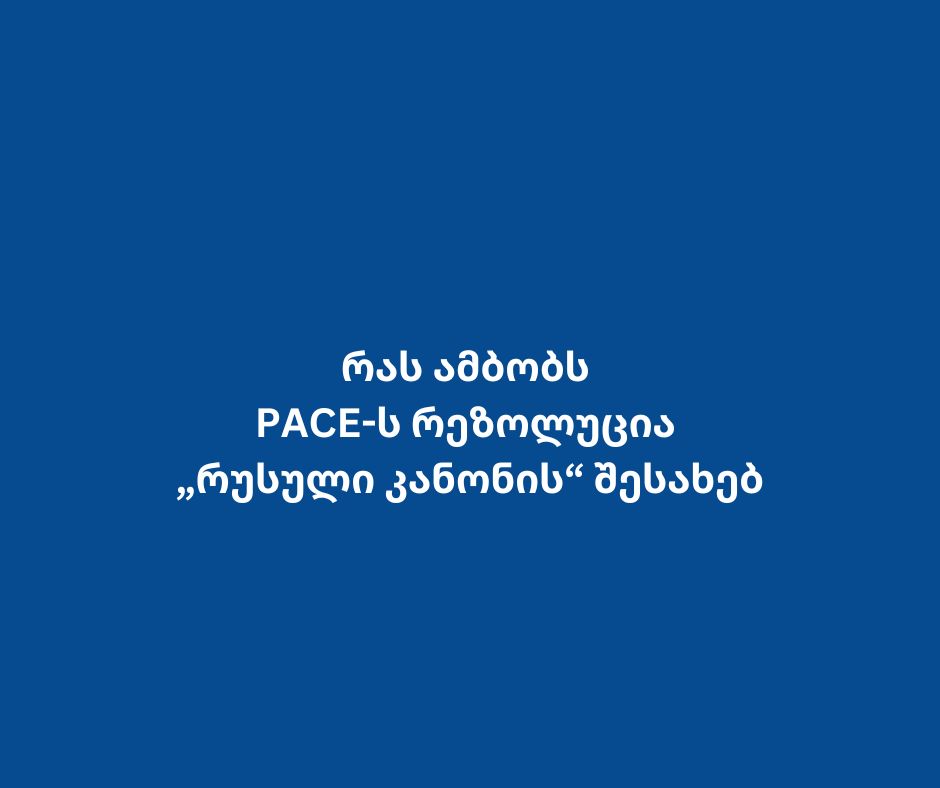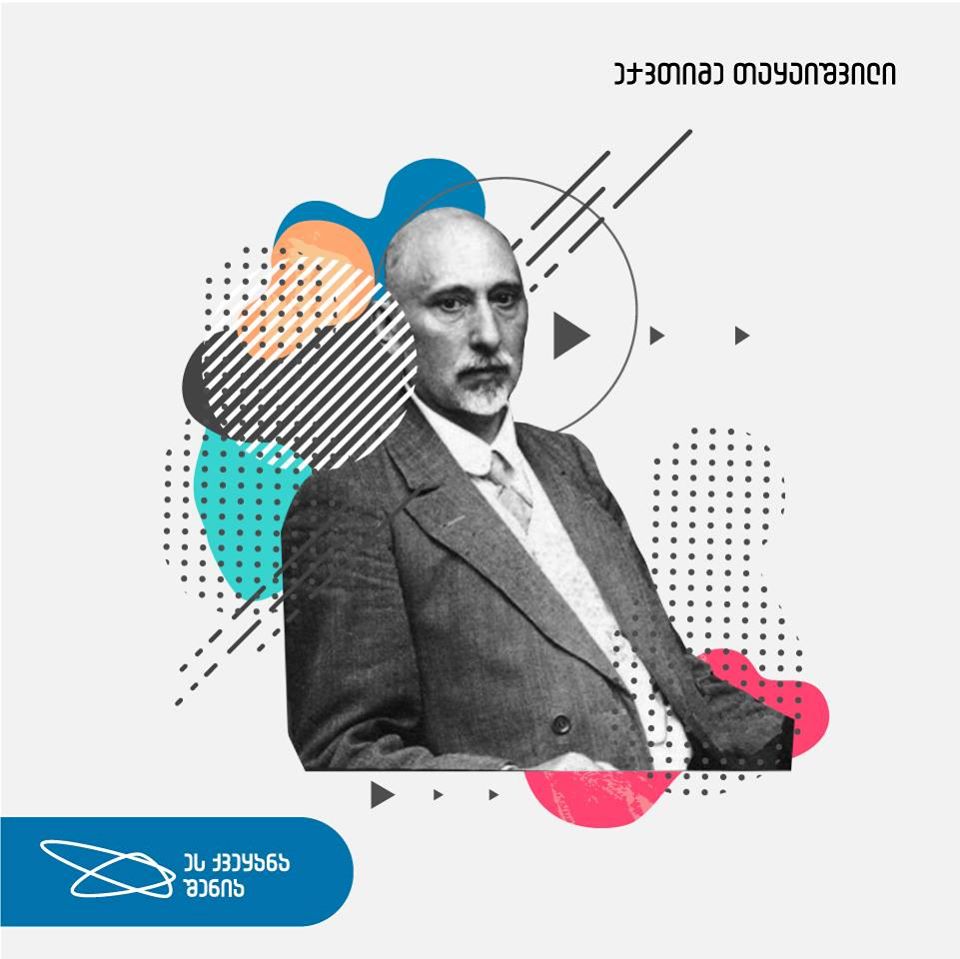What the PACE resolution says about "Russian law" and the calls of the European Council
Popular





On June 27, the Parliamentary Assembly of the Council of Europe (PACE) passed a resolution with 66 votes in favor and 4 against, highlighting the challenges facing democracy in Georgia. The concerns outlined in this resolution were echoed in the decisions and calls made by the European Council.
The resolution text states that the Parliamentary Assembly expresses deep concern over recent developments in Georgia, which raise serious doubts about the country's commitment to international democratic norms and its Euro-Atlantic aspirations.
According to the resolution, the Assembly fully supports the conclusion of the Venice Commission regarding the law on transparency of foreign influence. It considers that this law, along with the manner of its adoption, is incompatible with European democratic and human rights standards. The Assembly believes that this law is unrelated to the financial transparency of non-profit entities, including civil society organizations and the media, or to deterring hostile foreign influence. Instead, it enables the government to exert undue political control over civil society and the media.
According to PACE's resolution, the law should be repealed without further delay.
According to the resolution, the adoption of this law is not an isolated incident but represents a culmination of events that clearly demonstrate democratic backsliding in the country. The Assembly calls on Georgia to return to the democratic path, emphasizing that this should be demonstrated not only through words but also through clear actions.
The resolution also states that the adoption of the law on transparency of foreign influence cannot be considered in isolation from the upcoming parliamentary elections in Georgia, scheduled for October 26, 2024. The Assembly fears that this law will negatively impact the elections and undermine confidence in the results, potentially affecting the legitimacy of the elections.
In addition to calling for the repeal of the Russian law, the resolution expressed concern about the excessive and disproportionate use of force by police, as well as violent attacks and campaigns of intimidation against demonstrators, civil society activists, journalists, and members of parliament. The Assembly is also worried that these attacks are not being sufficiently investigated and condemned by the authorities, which may create an atmosphere of impunity.
On June 27, the European Council (EUCO) also discussed Georgia. The Council, like the Parliamentary Assembly, expressed concern over the current events in the country.
In its decision, the Council stated that the adopted law on transparency of foreign influence is a step backward regarding the steps outlined in the European Commission's recommendation on granting candidate status. The European Council calls on the Georgian authorities to clarify their intentions by changing the current course of action, which threatens Georgia's path to the European Union and effectively brings the accession process to a standstill.
In addition, the European Council calls for an end to the increasing incidence of intimidation, threats, and physical attacks against civil society representatives, political leaders, civil activists, and journalists. The European Council emphasizes that it is essential for any country aspiring to join the European Union to respect the values and principles on which the European Union is based.
In its calls, the European Council also notes that the planned elections must be free and fair, and supports long-term and short-term in-depth monitoring of the elections by partners. The European Council reaffirms its unwavering support for the territorial integrity of Georgia and expresses strong solidarity with the people of Georgia, emphasizing its readiness to continue supporting Georgia on its path towards a European future.
The European Council is the collegial body of the European Union that sets the political direction and priorities of the Union. It consists of the heads of state and government of the member states, along with the presidents of the European Commission and the European Council.
On the other hand, the Parliamentary Assembly of the Council of Europe is a parliamentary body within the Council of Europe, comprising representatives from 46 member countries, including Georgia.









